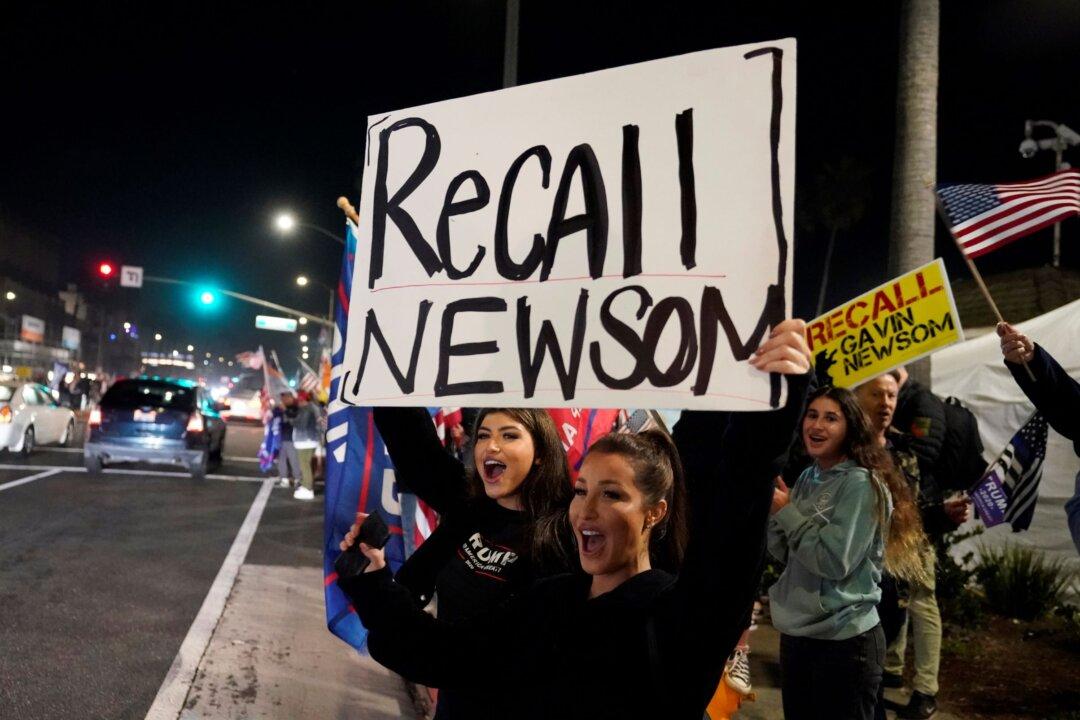Cordie Williams, dubbed the Megaphone Marine for his activism and military background, said the campaign to recall California Gov. Gavin Newsom can serve as a template and inspire other states to push back against the actions of politicians who he said curtail constitutional freedoms.
Williams, who founded 1776 Forever Free, an organization that advocates for constitutional rights, told NTD’s “Focus Talk” program that the recall campaign has amassed more than 2.1 million signatures, more than enough to place an election on the ballot and potentially force Newsom from office.





